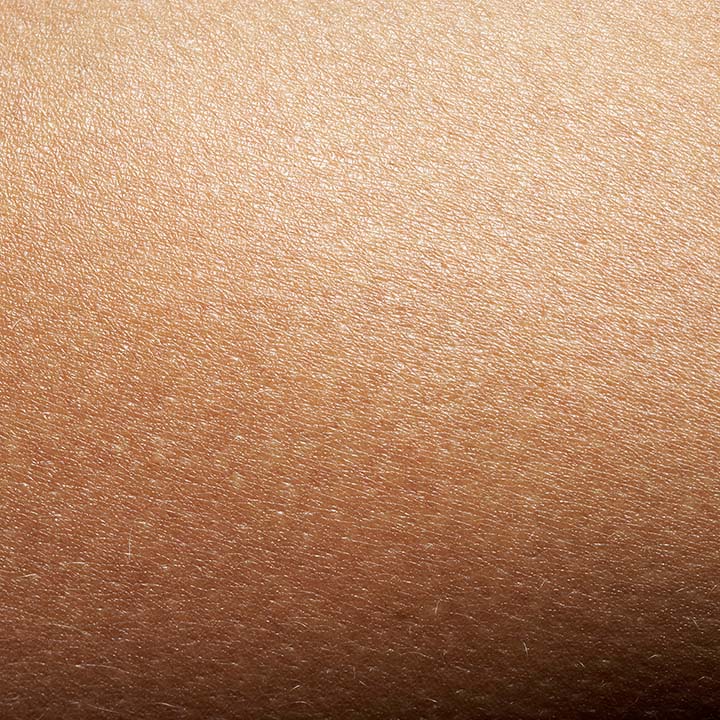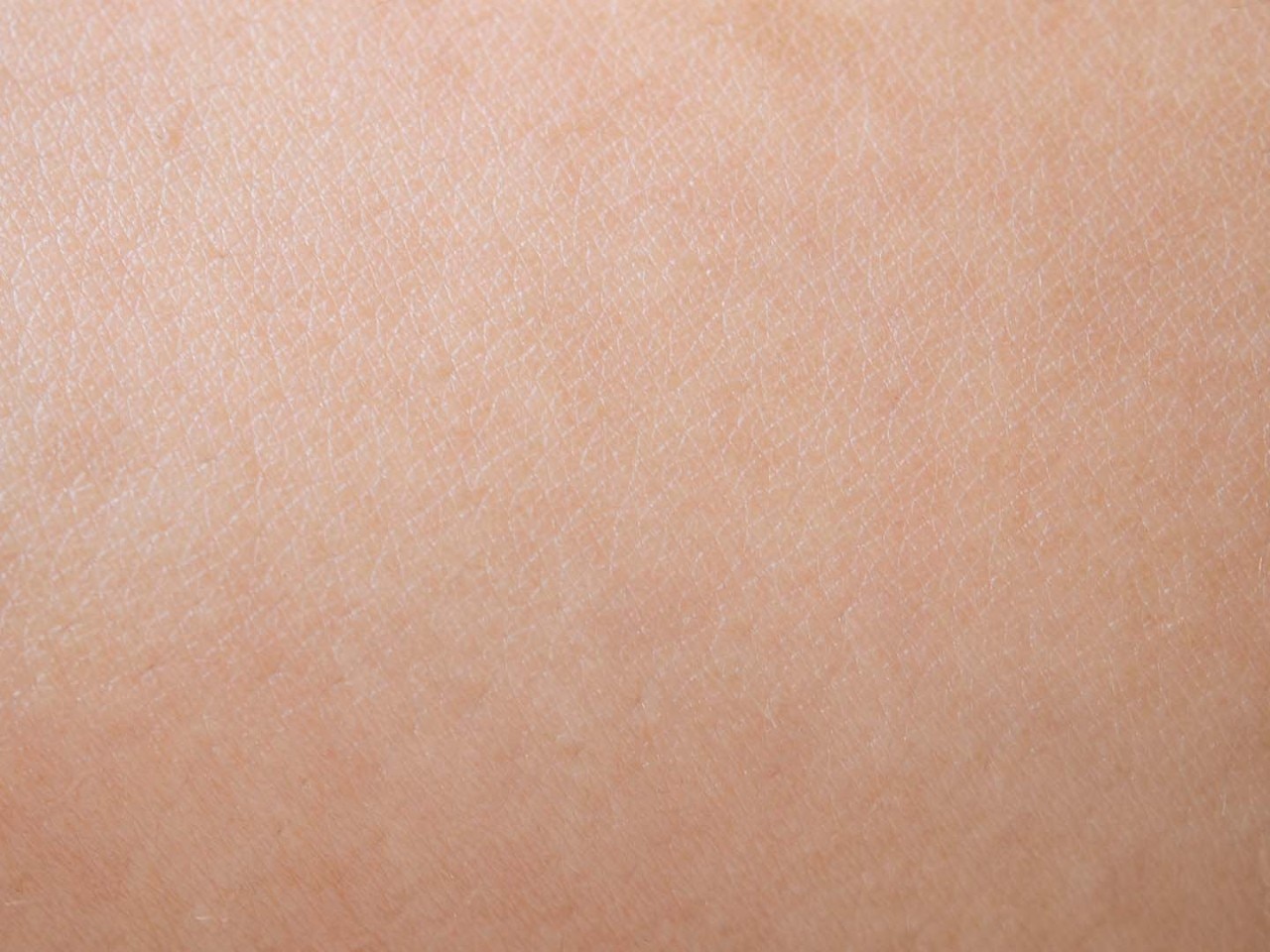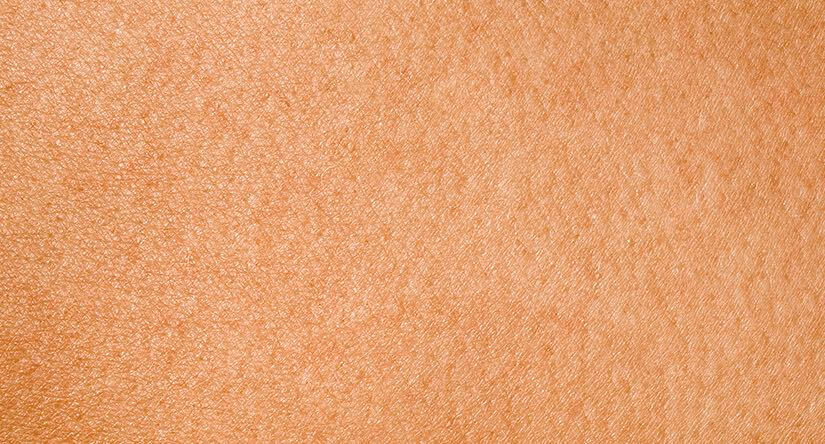The connection between dry skin and itchiness
Ceramides and lipids create the skin barrier that protects your skin against the outside world, keeping out nasties and holding in hydration. When your skin barrier is weakened due to things like cold weather or low humidity, you can lose water, leaving your skin feeling dry. This also allows toxins and allergens to penetrate your skin easily and activate your immune system, which can cause redness and swelling. Your nervous system can also be triggered, which causes the feeling of itchy skin. Itchiness is often caused by dry skin and becomes more common with age as your skin tends to become more dry as you get older but, luckily, this can be improved when you use the right hydrating skin products.
How hydration helps soothe itchy, dry skin
It’s a fact that drinking enough water and moisturising your skin improves the function of your skin barrier, reducing dryness, itchiness, redness and irritation. The face and body care products you use can also have a big effect. Here are some tips that can help you to stay hydrated and keep your skin barrier healthy:
- Keep your routine simple, look for hydrating skin products and take note of how your skin reacts to each one.
- Choose products that respect your skin’s pH level, this naturally lies between pH 4.0 and 5.0.
- Try products that contain plant oils like coconut or jojoba oil as they may prevent your skin barrier from losing moisture.
- Use moisturisers that contain ceramides as they can help to strengthen your skin barrier and improve dry and itchy skin.
- Look out for hydrating skin products that contain water-binding ingredients like hyaluronic acid that help your skin to retain moisture.
How does hyaluronic acid hydrate dry skin?
Hyaluronic acid is a humectant, which means it attracts and retains moisture, providing deep hydration. Your body produces its own hyaluronic acid naturally, however, this decreases as you get older. Products that contain hyaluronic acid help your skin to hold onto hydration, they also improve the appearance of the outer layers of your skin, leaving you with a more glowy and youthful complexion. Hyaluronic acid can be effective if you’re suffering with itchy or very dry skin and is a key ingredient to add to your face and body care routine.
Tips for managing dry and itchy skin
If you’re wondering how to cure very dry skin, your shower routine is a good place to start. Here are some tips for hydrating dry skin that you can easily add to your daily routine:
- Use a hydrating body wash that contains hyaluronic acid. For example, Sanex Skin Therapy with Hyaluronic Acid relieves dryness and reduces skin itching making your skin feel deeply nourished. Not only that, our patented Amino Acid Complex has been developed by dermatologists and supports your skin barrier while delivering a 24hr hydration feel*.
- Keep your showers short (around 5-10 minutes) and use warm water instead of very hot water that will strip your skin of its natural oils.
- After showering, pat your skin dry and use moisturiser immediately to lock in as much hydration as possible.
- During the winter, central heating can cause your skin to dry out as the air in your home is too dry. Using a humidifier can help keep the humidity in your home at a level your skin will enjoy.
- Drink plenty of water throughout the day to keep your skin hydrated from the inside – aim for around 2 litres (or 8 glasses) per day. Eating fruits and vegetables that are rich in water will also hydrate your body.
Mistakes to avoid when caring for dry, itchy skin
Just as there are many changes you can make that will have a positive impact on the condition of your skin, there are also mistakes you can make that can be easily avoided once you’re aware of them:
- Avoid harsh soaps and body washes that use ingredients that can dry out your skin even more. Try not to use products that contain soap, alcohol, sulphates, fragrance and colourants. Instead, choose a gentle shower cream like Sanex Skin Therapy with Hyaluronic Acid, which uses ingredients with 90% natural origin** and 0% sulphates***.
- Taking long, hot showers. This will really leave your skin feeling stripped and dry, keep your showers short and use warm water.
- Skipping moisturiser after your shower. Giving your skin an extra boost of moisture can really improve its appearance and texture.
- Avoid drinking too much caffeine or alcohol.
- Scratching skin that is already dry and itchy. Scratching irritated skin will only make it worse and damage the top layers of your skin more.









